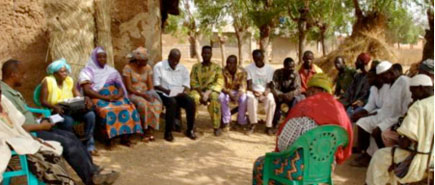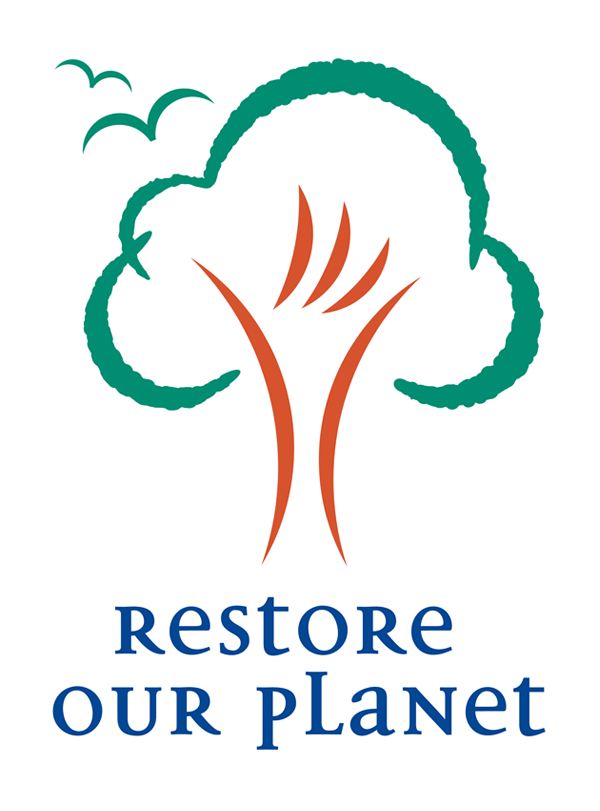RAINS
Ghana occupies a total land of 238,578 square kilometres with current population estimates at 23 million. In Northern Ghana approximately 30-40% live in areas subject to desertification.
The link between development and environmental issues is widely documented. However the quest for economic growth has, for a long time, overshadowed environmental concerns.The process of development has often left in its trail deterioration of productive lands, deforestation, desertification and air and water pollution.The effect of all these on rural livelihoods is enormous, and in the case of Northern Ghana, where there is historical political neglect, deepening poverty remains the lot of the people.
However, windows of opportunity do exist where action can be taken to safeguard the environment, stabilise rural livelihoods and maintain a healthy ecological balance.
Scientists and those concerned with preserving natural ecosystems are recognising that societies once called `primitive` hold knowledge that is critical to science, particularly in the search for new medicines and conservation efforts.The National Forestry Policy 1948 officially recognised the cultural importance of sacred groves yet these sites still face pressure from development. In Zoosali large plots of land close to a sacred grove are being targeted by speculators.
Restore has agreed funding to purchase and protect this land for the local community allowing natural regeneration and where appropriate the planting of indigenous trees and grasses.
A Learning Centre will also be created providing training on ecosystem conservation for community members with ongoing monitoring an evaluation.

Community meeting. Photo: © RAINS
